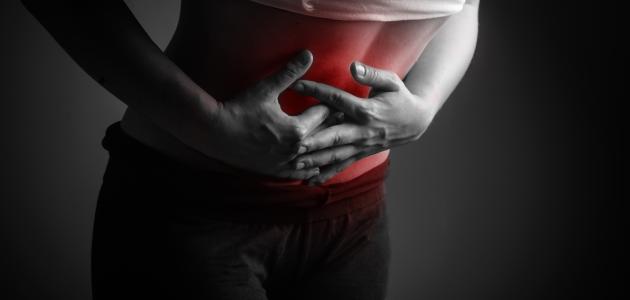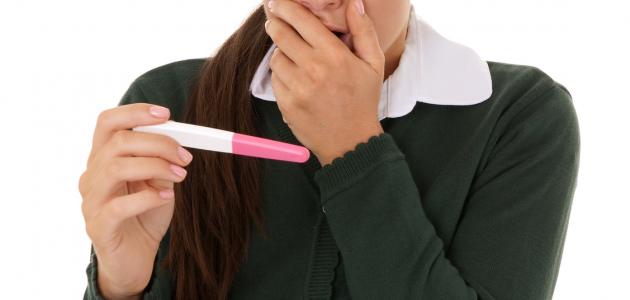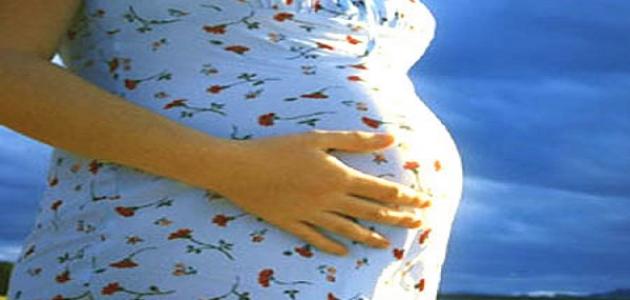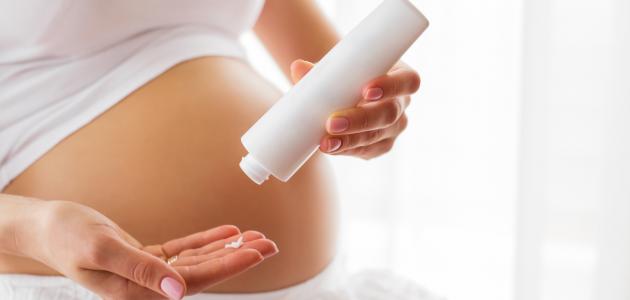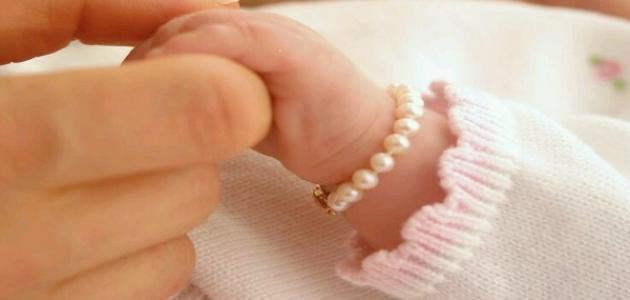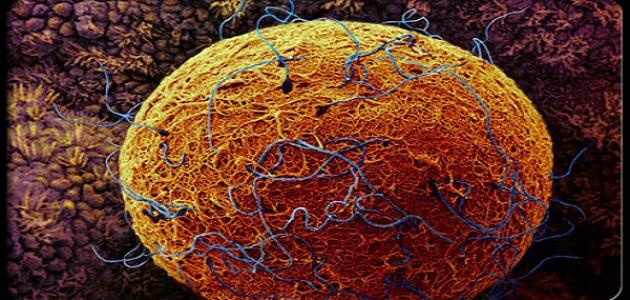Contents
Constipation after childbirth
Known as constipation after childbirth as a functional disorder that affects the intestine where the cause of pain and discomfort, and hardening of the stool which tensile calls during a bowel movement, in addition to the feeling of not emptying the contents of the intestine completely when defecate, [1] It is worth mentioning that it is normal that a pregnant number affected Among the physical and emotional changes after childbirth, which is constipation among them, and in this context it is indicated that many of these changes are considered normal and common, but they may be uncomfortable, and in general the time period taken to get rid of constipation depends on the main cause behind its occurrence and the steps taken to get rid of it Symptoms of constipation may disappear within a few days after childbirth, and it is worth noting the importance of giving a woman sufficient time to recover from the changes associated with pregnancy. [2] [3]
Get rid of constipation after childbirth with lifestyle changes
The condition of constipation is often controlled after childbirth without the need to see a doctor, and that is by following a set of tips and instructions, and it is worth noting the need to see a doctor if the symptoms of constipation do not disappear or do not improve despite the passage of three to four days after birth, and in general it is possible A statement of the most important tips and instructions that must be followed to get rid of constipation after childbirth, as follows: [2] [4]
- Drinking fluids: Experts advise drinking warm drinks in the early morning, and it should be noted that drinking 6-8 cups of water a day helps treat and prevent constipation. Especially if the diet is high in fiber, as these foods absorb water, making the stools softer and easier to pass.
- Going to the bathroom when feeling the need for it: You should go to the bathroom when you feel the need for it and not ignore that desire or need, as delaying the stool may increase the hardness of the stool and face difficulty getting rid of it, and the person may feel pain when that.
- Rest: It is recommended that you take adequate rest on a daily basis.
- Follow a healthy diet: A healthy diet plays an important role in preventing postpartum constipation and treating the condition. This is represented by eating foods rich in fiber ; Such as bread or breakfast cereals made of whole grains, brown rice, beans, and fresh fruits and vegetables.
- Avoid processed and prepared foods: Some foods play a role in suffering from constipation or aggravate its symptoms after childbirth; Among these foods are: donuts, white bread, potato chips, unripe bananas, chocolate and fast food; Such as burgers and sausages, and it is worth mentioning that foods rich in sugars and fats; Like cheese, ice cream, and dairy products, consuming them may increase the risk of developing constipation or worsen symptoms after childbirth. Especially cases of having a cesarean delivery . [5]
- Breastfeeding: may contribute to breast - feeding in relieving the symptoms of constipation, so by stimulating the contraction of the uterus, which facilitates bowel movement. [5]
- Simple physical activities: walking a short distance or doing simple exercise can help improve bowel movement, which helps to get rid of stool easily, and it is worth noting that sitting or lying down for long periods of time may increase the likelihood of constipation, and in this context It is recommended to engage in movement and physical activities after eating rather than resting and lying down. [6]
- Abdominal massage: Abdominal massage can help to facilitate bowel movement, but it should be noted that it is necessary to avoid massaging the abdomen during the first days and weeks after undergoing a cesarean section. [6]
Medicated relief of constipation after childbirth
Laxative use may be required in some cases to treat postpartum constipation. Specifically if following the previous advice, especially those related to diet, did not succeed in relieving the symptoms, and it is worth noting that the use of laxatives leads to an increase in the softness of the stool, which facilitates its passage and disposal without the need for stretching, and what distinguishes these drugs is that they may need about two days until Its effect appears, and it does not cause diarrhea or the feeling of an urgent need to go to the bathroom, and it is worth noting that laxatives may come in different pharmaceutical forms. Such as oral tablets, syrups, or suppositories, and the pharmacist or doctor should be consulted about the most appropriate laxatives for the woman's condition, as their use depends on several factors. Among them is whether the woman is breastfeeding her child, whether or not the woman uses other medicines and their nature, [6]In many types, a small percentage of these laxatives passes from the blood into the breast milk, so they do not harm the child. Types of laxatives that can be used to treat constipation after childbirth include the following: [7]
- Laxatives osmotic: , is working to increase the volume of water in the intestine, making it easier to get out the stool, it is worth to say that this type of laxatives are not absorbed from the intestine and therefore the amount that reaches the blood is very low, and examples of these laxatives Magnesium hydroxide salts, Sodium bisphosphate, and some sugars; Such as lactulose and polyethylene glycol.
- Fiber supplements: Examples include Psyllium and Methylcellulose.
- Stool softener: , Examples include sodium and glycerol .
- Stimulant laxatives: , examples include Senna, Bisacodyl, and castor oil , and it is worth noting that stimulating laxatives can cause severe stomach cramps, causing severe pain.
- Lubricant laxatives: , such as mineral oil , and it is worth noting that mineral oil can reach the bloodstream and breast milk in larger quantities compared to other types, and this requires caution when using it. It causes severe stomach cramps, as is the case with stimulating laxatives.
References
- ↑ "Interventions for treating postpartum constipation" , www.cochrane.org , Retrieved 3/13/2020. Edited.
- ^ A b "And Causes Of Treatments of After Birth . Contraception" , Www.verywellfamily.com , Retrieved 13/3/2020. Edited.
- ↑ "Body changes after birth and recovery" , www2.hse.ie , Retrieved 3/13/2020. Edited.
- ↑ "Common Conditions" , www.urmc.rochester.edu , Retrieved 3/13/2020. Edited.
- ^ A b "Postpartum . Contraception: How To in Long Does It Last And Tips To the Manage" , Www.momjunction.com , Retrieved 13/3/2020. Edited.
- ^ A b t " . Contraception After Having of a by baby" , Www.babycentre.co.uk , Retrieved 13/3/2020. Edited.
- ↑ "Laxatives" , mothertobaby.org , Retrieved 2/13/2020. Edited.
